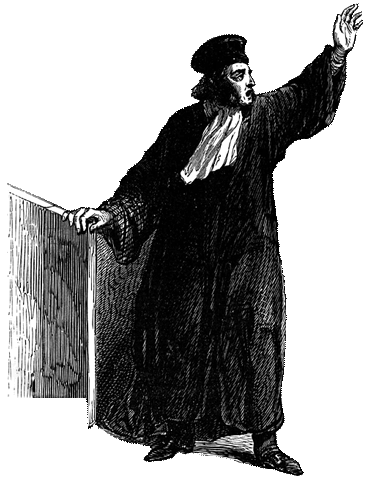If you have ever shopped at your local Safeway, chances are that you have seen a manager hopping into a check stand when the lines get too long. The California Court of Appeal recently considered whether such “managers,” who take on the role of checkers or baggers can can still be properly classified as “exempt” (and therefore not entitled to overtime).
In Heyen v. Safeway Inc. (2013) 216 Cal.App. 4th 795, the plaintiff was an assistant manager at a Safeway in Oceanside, California. The manager became ill and she took over his duties. She hired and trained staff, maintained employee files, disciplined employees, did scheduling and other managerial tasks. Safeway had a strict “O.R.” (“operating ratio”) wherein a certain number of labor hours were budgeted to the store based on sales. Because of this, plaintiff claimed that she had to “work hourly” (stocking shelves, working the check out line, doing customer service, bagging groceries and “bookkeeping” among other things) and that she was unable to complete all required tasks without working 14-15 hours per day, six days per week.
The trial court, along with an advisory jury, found that the plaintiff spent more than 50% of her time engaged in “non-exempt” (hourly) tasks under Wage Order 7, specifically finding that she was “primarily engaged” in non-exempt activities.
On appeal, Safeway did not dispute the tasks that plaintiff performed and accepted as true the amount of time claimed spent on those tasks. Safeway however contended that as long as plaintiff was “multitasking,” i.e. “functioning in her managerial capacity” while performing non-exempt duties, the time spent doing non-exempt work should nevertheless fall on the “exempt” side of the ledger. 216 Cal.App.4th at 825. In other words, if she kept an eye on the other employees while she was running a check stand or bagging groceries, she was still a “manager” and therefore “exempt.”
The Court of Appeal disagreed, stating “the federal regulations incorporated into Wage Order 7 do not support the ‘multi-tasking’ standard proposed by Safeway. Instead, they suggest, as the trial court correctly instructed the jury, that the trier of fact must categorize tasks as either “exempt” or “nonexempt” based on the purpose for which Heyen undertook them.”
Significantly, the court reaffirmed the principles articulated in Ramirez v. Yosemite Water Co. (1999)20 Cal.4th at 785, where the defendant employer also claimed that a water deliveryman had a “dual function” and therefore should be treated as exempt. The court specifically declared that there is no “hybrid category” under the Wage Orders or the federal regulations cited in the Wage Orders.
We have to note that Safeway was represented by Littler Mendelson, the world’s largest employment law firm. Even the biggest law firm in the world can’t save an unsound legal position.





Leave a Reply
You must be logged in to post a comment.